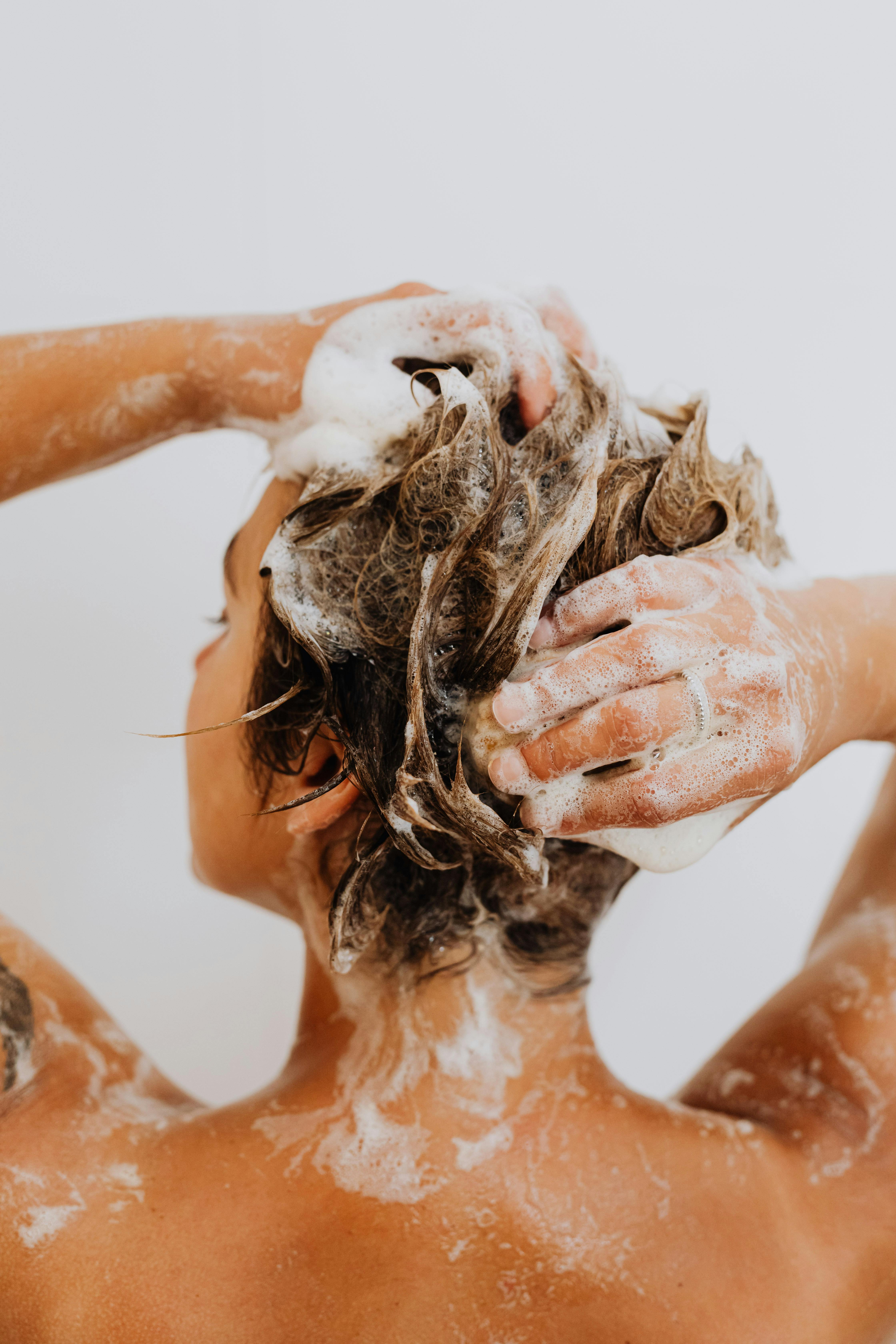
A Boston healthcare worker recently disclosed her personal hygiene habits on social media, which became the subject of a wide-ranging online discussion. Her confession in a short video clip quickly garnered millions of views, sparking a lively and sometimes critical discussion among users.
Alison McCarthy, a 27-year-old nurse, claimed in her TikTok video that she only showers once or twice a week. Because the topic resonated or conflicted with viewers’ own habits and expectations, her video garnered a great deal of attention online, with over 6 million views.
McCarthy explains her reasoning, making a direct connection between her shower frequency and her shampooing schedule. She noted that while many women may only wash their hair a couple times a week, they still shower daily. However, McCarthy clarified that her habit is to not shower at all on days when she doesn’t plan to wash her hair.

McCarthy begins the video by writing, “So I’ve recently found out that I am in fact a gross human being.” She seems to acknowledge that her comments may be controversial. She went on to say, “Most girls, when they say that they wash their hair twice a week, they literally mean wash their hair, and they shower every day. i only shower like once or twice a week.” She even added that she sometimes goes at least five days without showering.
The logic she presents in the video is tied to efficiency. “If I’m getting in the shower, I’m gonna wash my hair. why would I get in the shower and not wash my hair?” She suggests that if washing her hair this primary reason was not part of her plan for the day, she would not want to go through the shower process. She admitted that she tells people she washes her hair twice a week, which she said is true, but she omitted the part about not showering on other days.
Reactions online were swift and polarized. Many online users expressed strong negative opinions about McCarthy’s confession. Comments ranged from blunt questions questioning her cleanliness fetish, such as “Don’t you like the feeling of cleanliness?” , as well as pointed remarks about her career and other habits.

The inconsistency between her admitted habits and her job was highlighted by one user who said, “She has no excuse for not showering, she has a skincare routine, a fitness routine, a nursing job, just like the real thing.” This comment reflects the general expectation of hygiene standards among some viewers, particularly those working in healthcare facilities.
Beyond the cleanliness aspect, some questioned the wisdom of sharing such personal details publicly. One user commented, “Can we revert to keeping secrets? Another user offered a close-to-home observation, saying, “I have a friend who does this …… We can all tell,” suggesting that the habit might be noticed by others.
The conversation wasn’t entirely critical, however. Many TikTok users defended McCarthy or shared similar personal habits. These commenters often expressed solidarity and understanding, acknowledging that they, too, do not shower often, sometimes for reasons similar to washing their hair.
Many of the supportive comments emphasized the effort involved in showering. For example, “Showering is exhausting!” ! How do people do it? “ and statements such as “Showering is too hard for some people, it feels like a chore and it’s not easy” express the idea that showering is a burdensome task for some people rather than a daily routine.

Others echoed McCarthy’s reasoning for associating showers with washing your hair. One user shared, “I’ve been there, I do that. If I’m not dirty, I don’t shower. If my hair is dirty, I shower.” This suggests that the cleanliness of their body determines how often they shower, just as the cleanliness of their hair determines how often McCarthy showers.
In the midst of the debate, some users offered practical advice, suggesting that McCarthy use a shower cap to keep her hair dry while still showering daily. This suggestion was intended to address her stated reasons for not showering as often as she would like without compromising her daily hygiene.
In a follow-up video, McCarthy said she followed this advice, though perhaps not entirely voluntarily. She shows a screenshot of a shower cap purchase and says, “You guys are really heartless, I was bullied into buying a shower cap,” suggesting that the intensity of the online feedback influenced her decision.
From a public health perspective, dermatologists offer guidance on shower frequency, taking into account a variety of factors. Experts agree that the ideal shower frequency depends largely on an individual’s lifestyle, including activity level, skin type and environment. While there are no strict universal rules, dermatologists generally recommend showering at least two to three times per week.

Experts also caution against bathing too often, especially more than once a day, as this strips the skin of its natural oils and can lead to dryness, irritation and other skin problems. The dermatologist’s point of view emphasizes that hygiene needs vary and over-washing can also negatively affect skin health.
Alison McCarthy’s viral video and the ensuing online discussion highlights how in the age of social media, personal habits, even seemingly mundane ones like showering, can become the subject of widespread public discussion. The varied responses reveal different perceptions of hygiene norms, personal comfort, and the willingness to share and judge private habits online. Whether motivated by practicality, level of effort, or personal preference, the simple act of showering remains a surprisingly complex topic when placed in front of a global audience.
Related posts:
9/11 health funding and jobs restored amid outrage over Elon Musk cuts
Federal worker and influencer outraged at Donald Trump after President ends remote work arrangements
Over 7 months’ jail for nursing home worker who molested male colleague




